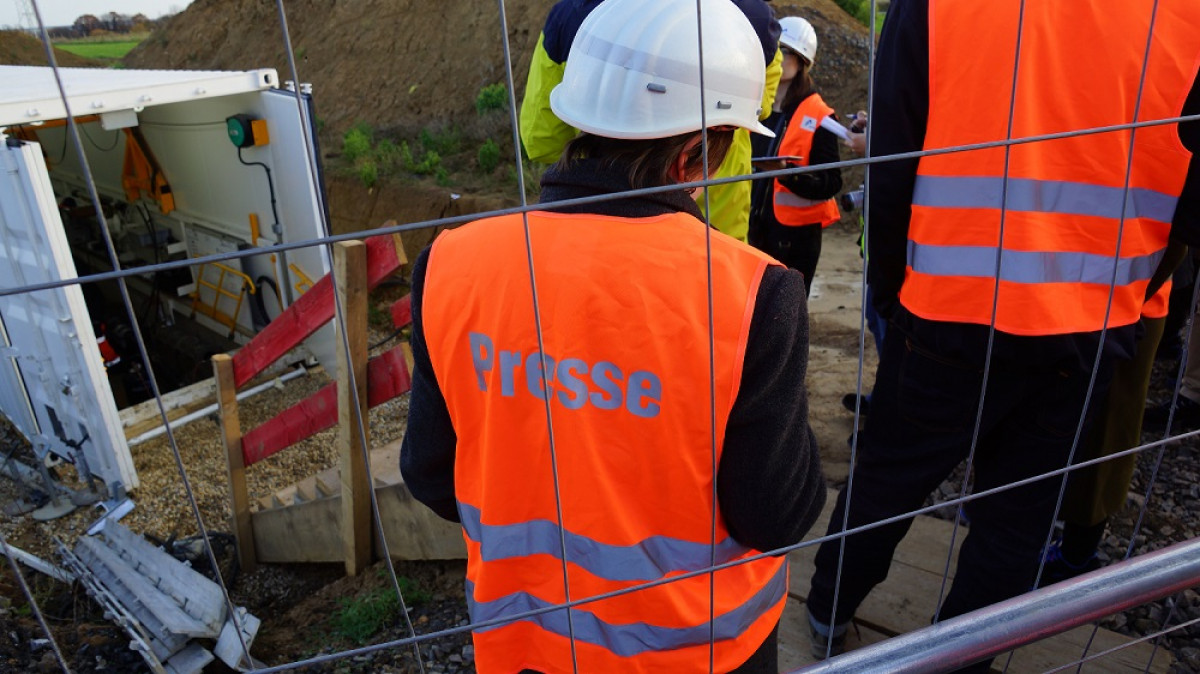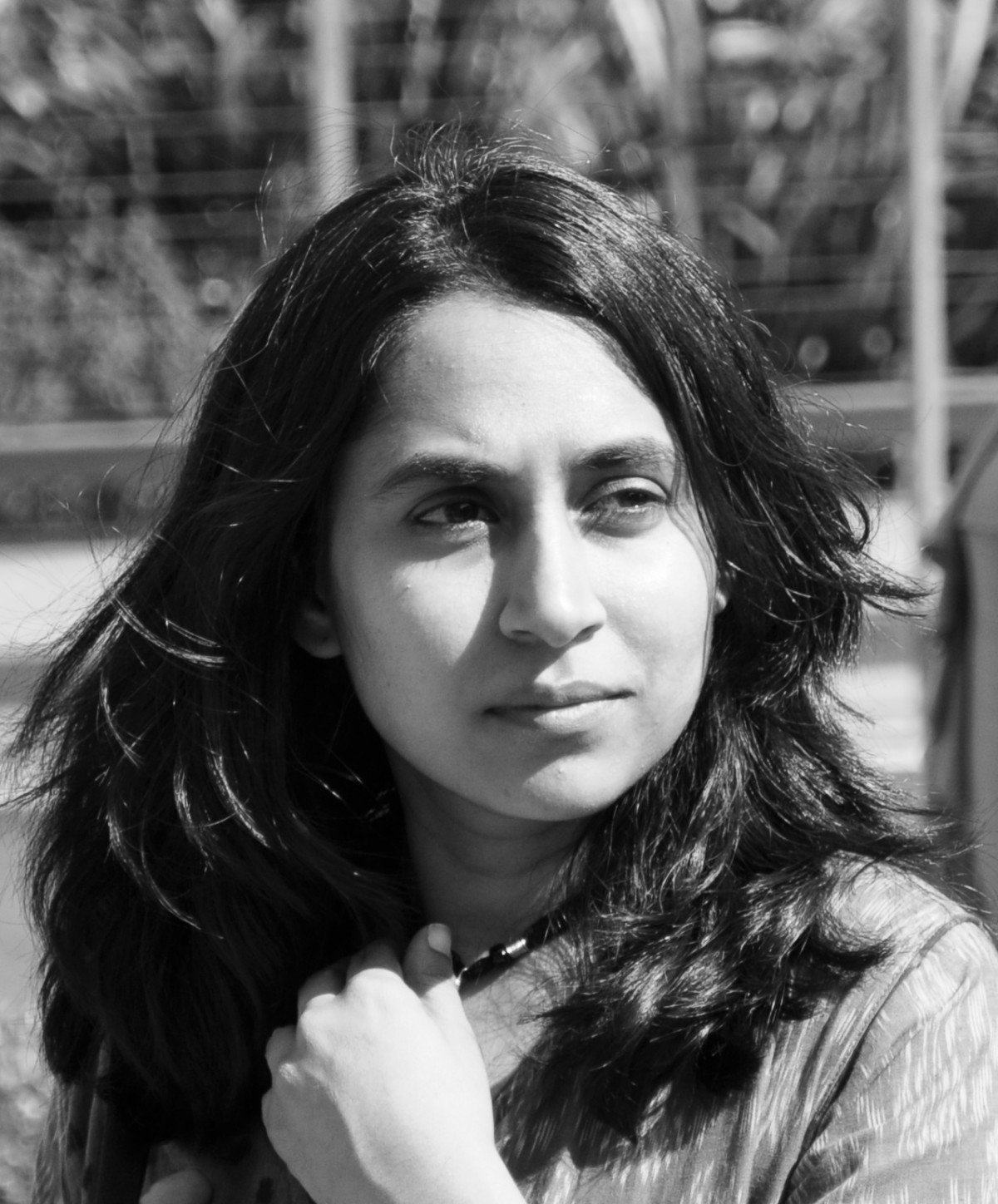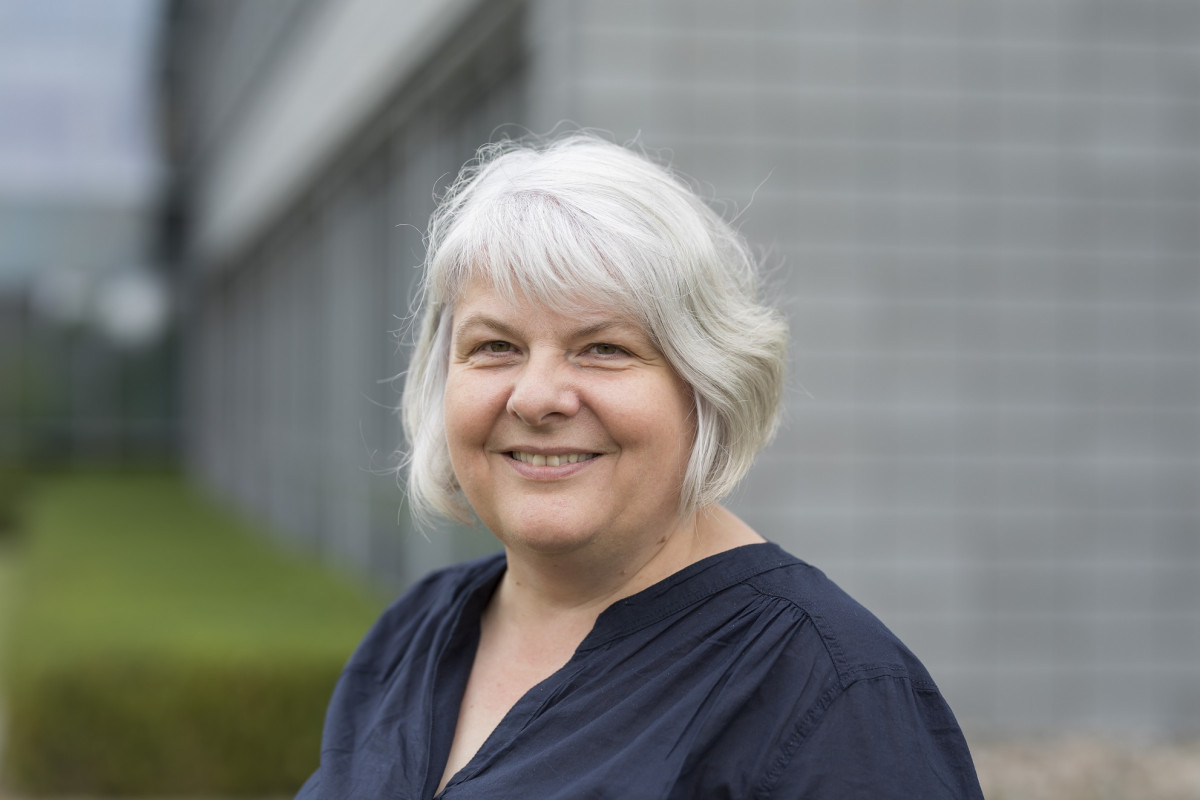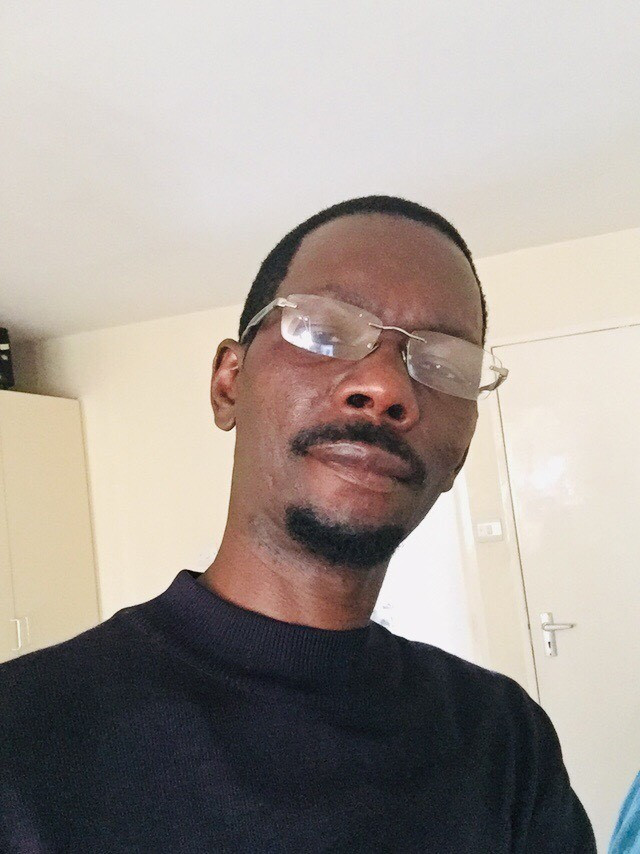Call for cross-border journalism on green recovery
Call for cross-border journalism on green recovery - Go collaborate!
The COVID-19 crisis shook the world to its core, affecting the lives of many of us directly. We saw many governments worldwide showing their ability to respond decisively to the immediate health and economic threats of the crisis. The path they will ultimately choose to move forward from the pandemic will have far-reaching implications for the possibility of creating carbon-free societies.
As billions are poured into recovery, many relevant questions for societies arise, creating a multitude of important stories for journalists to trace and dig into: How are governments dealing with the economic recession? How will the COVID-19 crisis influence mobility and low-emission transport systems? What will be the future of fossil fuel investment cycles? Who is working against green stimulus and how? What is the role of the business world in green recovery? Do governments attach green strings to their financial aid?
As a cross-border non-profit network committed to journalism focusing on the global energy transition, Clean Energy Wire wants to support journalists who are looking to cover the energy transition and climate implications of the recovery efforts in their countries or regions. At this crucial moment, high-quality journalism is more important than ever, but the COVID-19 crisis is hitting journalists' opportunities across the globe and makes collaboration vital, yet difficult. That is why we are putting forward these competitive research grants.
We ask teams of journalists from a minimum of two different countries to send their story pitches. In the end, the selected teams should get published in at least two media outlets from different countries. Three teams will be awarded with either €4,000 or €5,000. The higher sum will be assigned to teams who have freelancers included. Please make sure to read the FAQs carefully before you enter your pitch.
Clean Energy Wire encourages the diversity within the teams and proposals with mixed line-ups.
Clean Energy Wire is honoured to have the support of three highly distinguished judges who will help select the most promising cross-border energy transition stories.
Jury
Vaishnavi Chandrashekhar is CLEW network ambassador for India, based in Mumbai. She has been a reporter and editor at online, newspaper and magazine outlets in India and the US for close to 20 years. Currently, she is an editorial consultant with The Times of India Mumbai and also writes for international publications. Her work has appeared in Science, The New York Times, The Guardian, Yale e360 and BBC Future, among others.
Dagmar Dehmer has worked for almost 30 years as a journalist. The award-winning journalist has reported on climate, environment, sustainability and Africa. She worked for Der Tagesspiegel, a daily newspaper in Berlin, and developed an expert newsletter, Background Energie und Klima. She has been head of communications for BGE, the federal company for radioactive waste disposal, since October 2017.
Ochieng' Ogodo is the Sub-Saharan Africa English Edition regional coordinator and editor for the UK-headquartered Science and Development Network [SciDev.Net] - an online media house with a strong focus on news, views, analysis and information about science, technology, innovation and development in the developing world. At the SciDev.Net’s SSAE edition, Mr. Ogodo is in charge of provision of editorial services, ensuring the delivery of news items on Sub-Saharan Africa to the SciDev.Net website and that this coverage is timely, gender balanced, authoritative and relevant to the website's audience. He is a member of Executive Board of The World Federation of Science Journalists (WFSJ).
FREQUENTLY ASKED QUESTIONS
The application deadline is 01 September 2020.
Eligibility
We consider a cross-border team one in which journalists from different countries and, crucially, different media outlets in different countries pitch a story together. For example, two journalists from Germany, one planning to publish in Huffington Post in the U.S. and the other in the Huffington Post in Germany, would not be eligible.
Adherence to internationally applicable professional journalistic standards is a must. By submitting your application, you agree to follow the code of professional conduct for journalists developed by the International Federation of Journalists. You are also welcome to consult the principles of quality journalism and transparency that Clean Energy Wire additionally subscribes to.
All applicants must be able to publish the final story in a professional media outlet. If the blog is considered a media outlet, you may be eligible. If in doubt about this, contact us in advance via event@cleanenergywire.org
No, you don’t. Your team will have to publish stories in at least two media outlets from two different countries but which stories to publish is up to you. The collaborative approach means your team will work together on aspects of the story that make sense to collaborate on according to language skills, data access, familiarity with local experts, or knowledge of different story-telling formats. As for the stories resulting from your joint research, we think the journalists know best which story would most interest their readers. Frequently, you will want to write your own story on the basis of your collaborative work.
Each team member will publish at least one story in their respective publications. Of course, if you find a way to publish articles on interim findings connected to your work for the cross-border grant, even better, we encourage you to do so.
The language you usually publish in! Applications for the grant must be submitted in English. As the stories are intended to reach international audiences, there is no specific language requirement for publication.
Go and have a look at the member list of the CLEW Journalism Network. You’ll hopefully find journalists who A.) cover topics within the realm that you’re looking for in the region of interest, and B.) are happy to be in contact with international colleagues. Join the network for access to the full list of members and their email contacts.
One team member may be part of two different pitching teams. All the same members of one team should, however, decide which single pitch they want to submit.
Yes, you are.
This round’s focus is on just transition from a cross-border perspective. Make sure that your pitch is centred on this general topic. All types of formats are encouraged, including features, investigative journalism and comparative reporting. Submissions from print, online, TV or radio journalism are all welcome.
The story should meet the following criteria:
- Is it new, does it make sense? Is it relevant?
- Is an editor’s letter of publication intent included?
- What specific story is your team proposing?
- Collaboration: Does the proposal include a plan outlining how the collaboration will take place? Specifically: 1.) What role will each journalist have in the team? 2.) Does the pitch give an idea that there is a story to tell in all countries specified?
Yes, it should. Please make sure that you answer these questions:
- Is the budget plausible for the story suggested?
- Does it cover all proposed stages of the research plan?
- Does it include any additional sources of funding the journalists’ receive or specify that resources are lacking?
Submitting the application
Make sure to coordinate in advance which team member will gather all the details from the other journalists, as you will only submit one application form per team.
The character limit is specified in the boxes. Note that it includes paragraph breaks. If you have removed all paragraph breaks and are otherwise 100% certain that you are below the limit specified, try using a different Internet browser. For example, if you have previously tried submitting unsuccessfully via Google Chrome, try Mozilla Firefox.
Please check your spam folder for the automatically generated email with the subject "CLEW Grant Application”, which asks you to confirm that you/your lead team member indeed submitted an application.
You will then hear from CLEW regarding the outcome of your application by mid-January 2024.
After the deadline
The Clean Energy Wire will review all project proposals. Those that meet the submission criteria will be anonymised and submitted to the jury. The judges will independently select three finalist teams.
All teams will be notified of the outcome of their application no later than 10 January 2024.
If your team is among the finalists
The selected grantees and CLEW will sign agreement forms for the allocation of the award. Immediately thereafter, 50 percent of each grant will be allocated, with the remaining 50 percent paid out upon publication of the final story.




